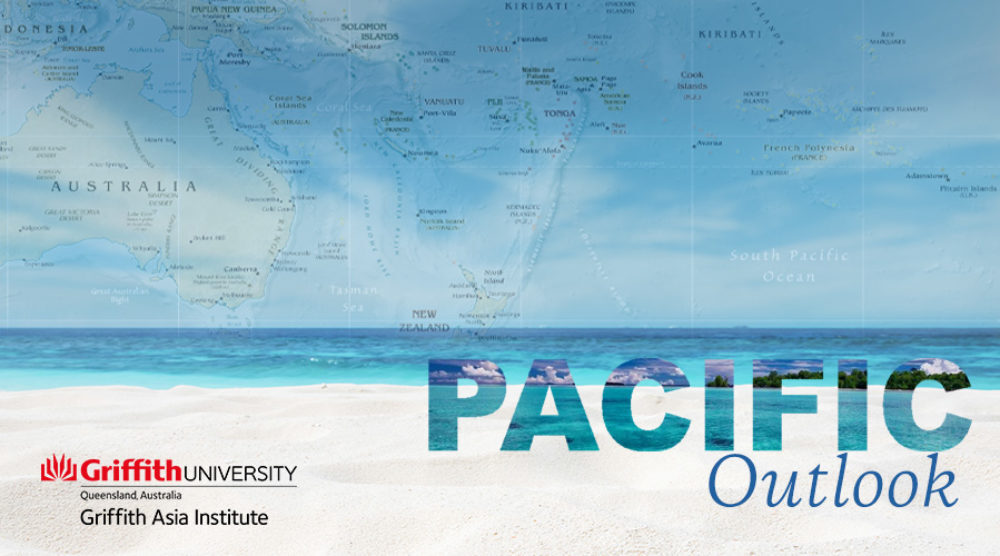PNG COVID-19 situation worsens
The COVID-19 situation in PNG continues to worsen. The number of confirmed cases now exceeds 3,000 and the number of deaths is approaching 40. The country has gone into a four-week ‘national isolation period’. Schools have been closed and restrictions on domestic travel have been imposed.
Australia has announced a rapid response, including an allocation of 8,000 doses of the AstraZeneca virus for frontline health workers plus a boost to PPE supplies. New Zealand has also responded with a delivery of PPE over the weekend.
It is not clear when more vaccines will arrive or if there will be sufficient to meet immediate and short-term needs. The Australian government has requested that the European Union facilitate the release of one million doses of AstraZeneca to be redirected to PNG.
PM and former PM under scrutiny in Cook Islands
In Cook Islands, a private prosecution against the current Prime Minister, Mark Brown and his predecessor, Henry Puna has been dropped.
The case had commenced last week. The two pleaded not guilty to charges of improper payment and fraud. The case relates to allegations that they authorised payment for charter flights to bring winning candidates to Rarotonga after the 2018 elections in order to facilitate the formation of government.
In accepting the defence submission that there was no case to answer, Chief Justice Williams concluded that there had been no conspiracy between Brown and Puna and that their actions had not been intended to defraud the public.
However, the Cook Islands Press has called for Brown and Puna to stand down, as PM of Cook Islands and Secretary-General of the Pacific Islands Forum respectively. The editorial asserts that questions still remain over their conduct and fitness for office.
Fiji Police Bill debacle
Consultations over a controversial bill to amend the Police Act in Fiji have been brought to an abrupt end.
In the two weeks since public consultations were commenced, a number of civil society organisations have raised serious concerns about what they say were ‘draconian’ new powers included in the draft legislation.
In a bizarre turn of events last week Prime Minister Voreqe Bainimarama announced that the Bill had been withdrawn. His claim that the government had not been consulted on the legislation and the public consultation process has caused a great deal of puzzlement. The Defence Minister, Inia Seruiratu, had been photographed at the launch of the consultation process.
Further confusion arose as the PM did not make an official announcement on the matter. Rather, he spoke to just some selected media outlets. He claimed that the Fiji police force had acted unilaterally in progressing the consultation work for the Bill, without cabinet approval.
Palau and Taiwan announce a travel bubble
Palau and Taiwan have announced that they will open a two-way travel bubble. Palau is the first country to which Taiwan has agreed to open its borders since they were closed last year. The arrangement comes into place on April 1st and will commence with two flights per week.
Taiwan first approached Palau about opening a travel bubble late last year. The Palau government declined at that time, citing concerns about introducing COVID-19. Palau has yet to record any cases.
The travel bubble is aimed at improving tourism for both countries. Travellers will have to return negative tests before leaving their home country. They will be required to travel as part of a group, stay at designated hotels, and follow a government-approved itinerary.
President Surangel Whipps Jr will travel to Taiwan later this month to meet with President Tsai Ing-Wen and Foreign Minister Joseph Wu.
AUTHOR
Tess Newton Cain is an Adjunct Associate Professor at the Griffith Asia Institute and project lead of the Pacific Hub.








